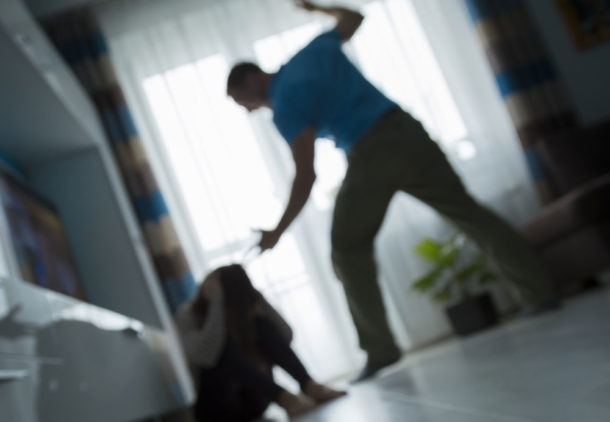 Pam Douglas is a solicitor with local firm Wainwright & Cummins. Each month, she takes a common enquiry and asks colleagues to answer it for readers
Pam Douglas is a solicitor with local firm Wainwright & Cummins. Each month, she takes a common enquiry and asks colleagues to answer it for readers
This month, we’re tackling the question of what to do if you are experiencing domestic abuse and my colleague, Louise Ankarcrona, who is part of our family law team, answers it below.

Two women are killed every week in England and Wales by a current or former partner and one in four women will experience domestic violence in their lifetimes according to Refuge, the country’s largest single provider of specialist domestic violence services since 1971.
What is domestic abuse and what can you do to protect yourself and your children if any if you are being abused?
The government definition of domestic violence and abuse is: “Any incident or pattern of incidents of controlling, coercive, threatening behaviour, violence or abuse between those aged 16 or over who are or have been, intimate partners or family members regardless of gender or sexuality. The abuse can encompass, but is not limited to physical, emotional, psychological, sexual or financial abuse.”
Domestic abuse can also include forced marriage, female genital mutilation and honour-based violence. Anyone can be a victim regardless of their gender, sexuality, age, social background, religion or ethnicity. By the same token, anyone can be a perpetrator of abuse. A new offence of “controlling or coercive behaviour” came into force in December 2015. It addresses situations where there is no serious physical violence but the behaviour is emotionally and psychologically abusive, usually over a long period of time.
This has been welcomed by rights campaigners as a remedy for those whose abusers might have previously escaped justice due to lack of tangible and immediate physical evidence. The most important thing to remember is that there are no excuses for abuse, regardless of what your current/former partner or family member is saying.
If you are in immediate danger you need to call the police. If you have a friend who you can trust you may be able to stay in their home whilst you are deciding what to do next. It is your choice whether you want to report your abuser to the police, but remember that your wellbeing is a priority and you will need evidence to support your claim if you are looking to take legal steps to keep yourself safe.
Legal options include a “non-molestation order” which prevents your abuser from using or threatening violence against you and your children, if you have them. It also prohibits other abusive behaviours such as harassment, intimidation and pestering. Beaching a non-molestation order is a criminal offence. If your abuser breaches any of the conditions in the order you need to call the police and he/she will be arrested.
If you can no longer stay in your home because you are experiencing abuse, you could call the free 24-hour National Domestic Helpline on 0808 2000 247 who can help you move safely to a refuge space. If you want to stay in your home and for the abuser to leave, you can also make an application for an “occupation order”.
An occupation order can stipulate that your partner must leave the property within a certain time and not return either to the property or the immediate area, or both. You can apply for and obtain these types of orders without the abuser’s knowledge. Once they are served with the order there will be a follow-up hearing giving them an opportunity to challenge it.
You might be eligible for legal aid if you are experiencing domestic violence or abuse and you will need to be assessed to check. You will need to show evidence of your allegations and this could include a letter from your GP confirming that you are a victim, or a crime reference number, confirming a recent police report. If you would like help with this issue or any other, please contact our team at Wainwright & Cummins on info@wainwrightcummins.co.uk.






